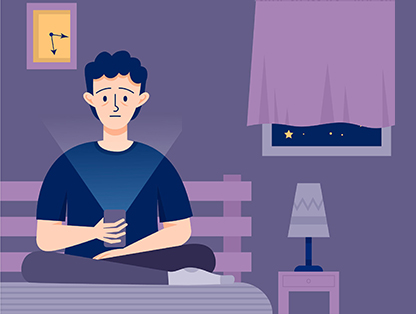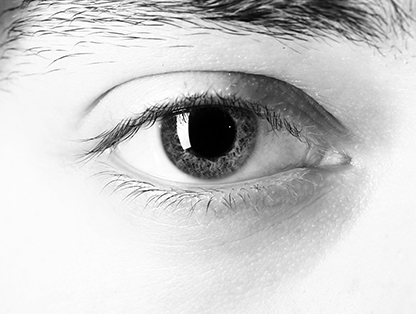1. Publicly cursed at your teacher?
2. Urinated in public?
3. Gone skinny-dipping (nude swimming)?
4. Gone out in public without clothes?
5. Committed an act of vandalism?
6. Cheated on your partner?
7. Cheated on an exam or during a study project preparation?
8. Used profanity in a public place?
9. Behaved inappropriately in a cemetery, church, or another religious place?
10. Spread gossip about people you don't like?















